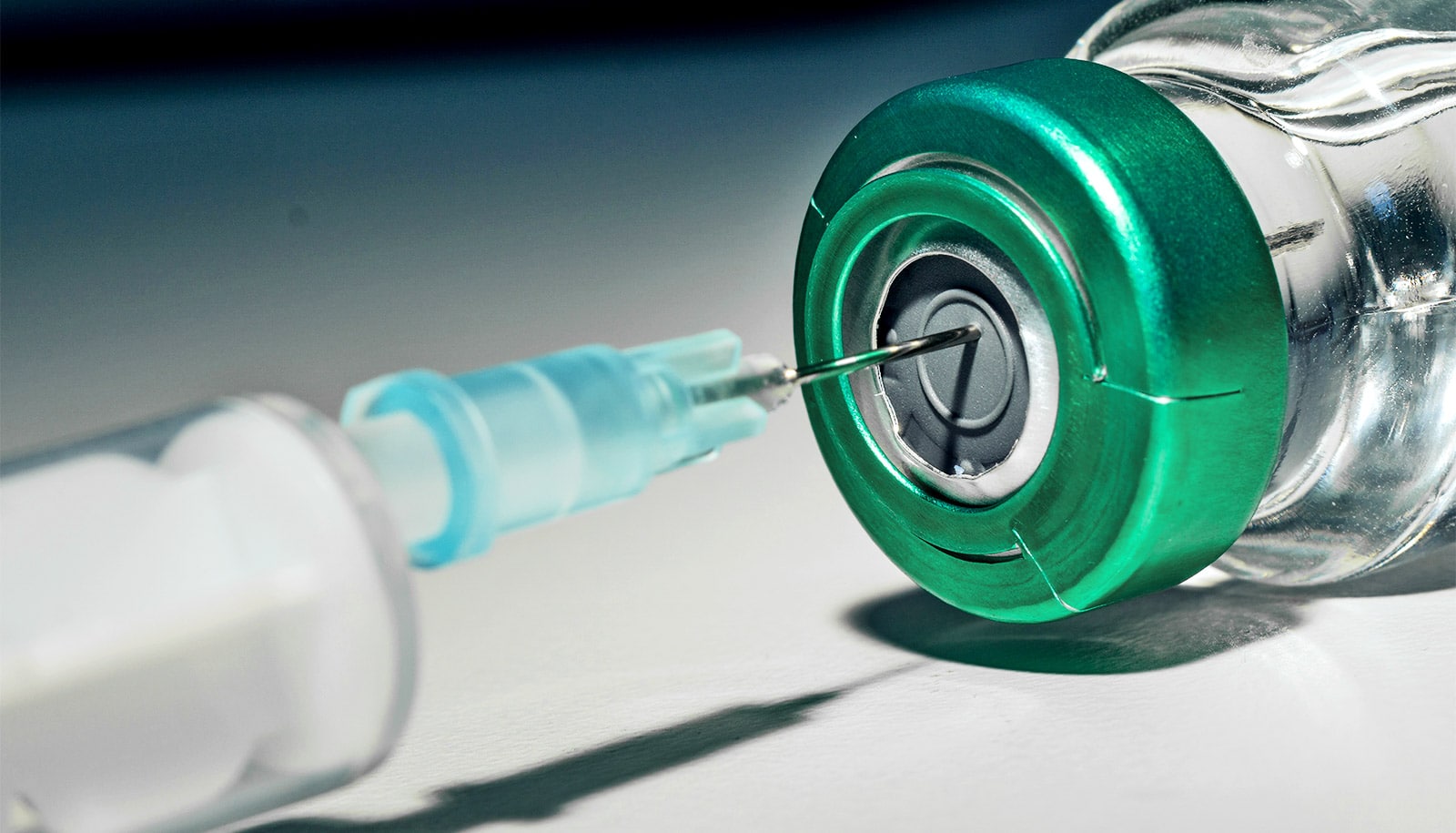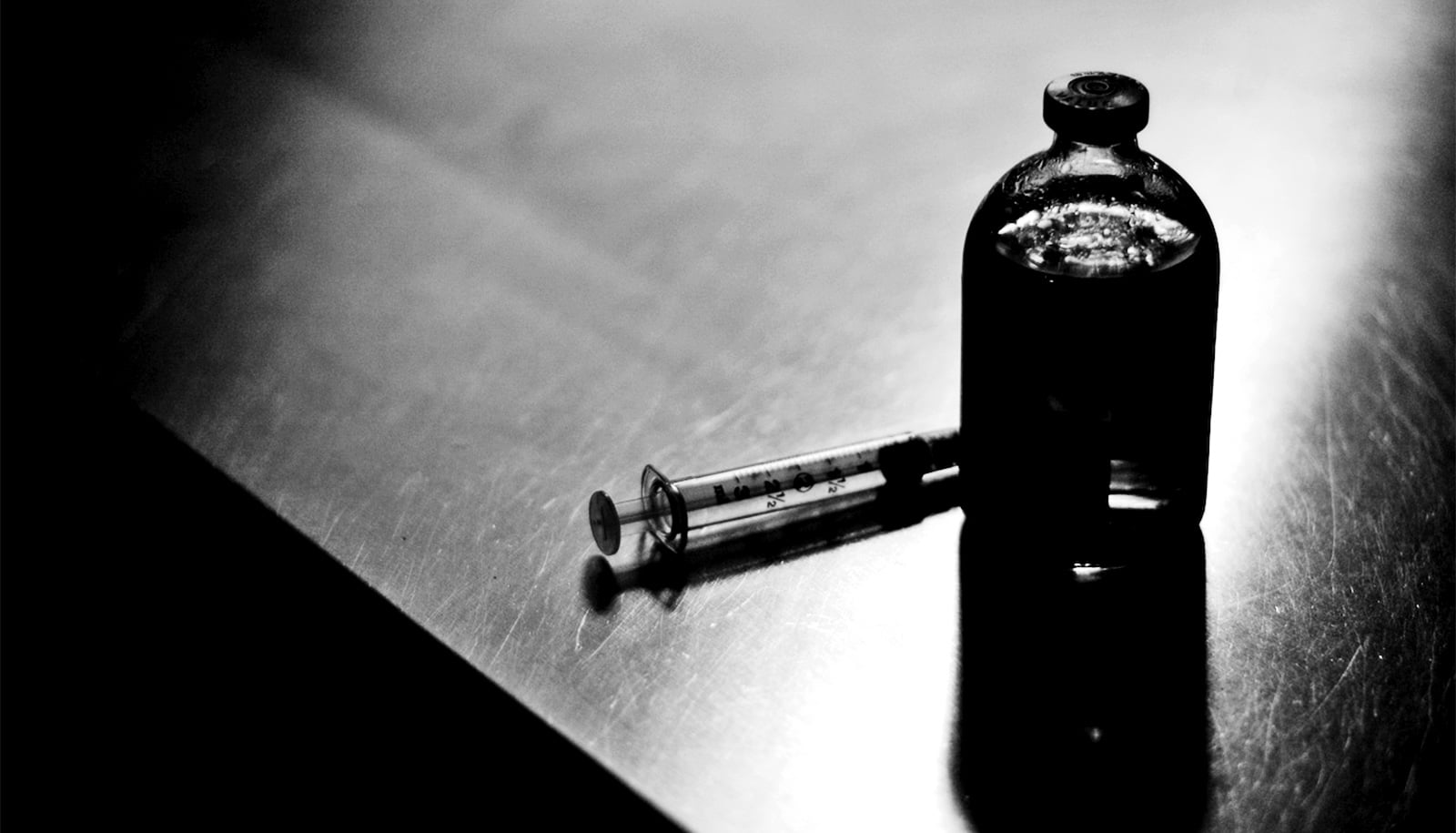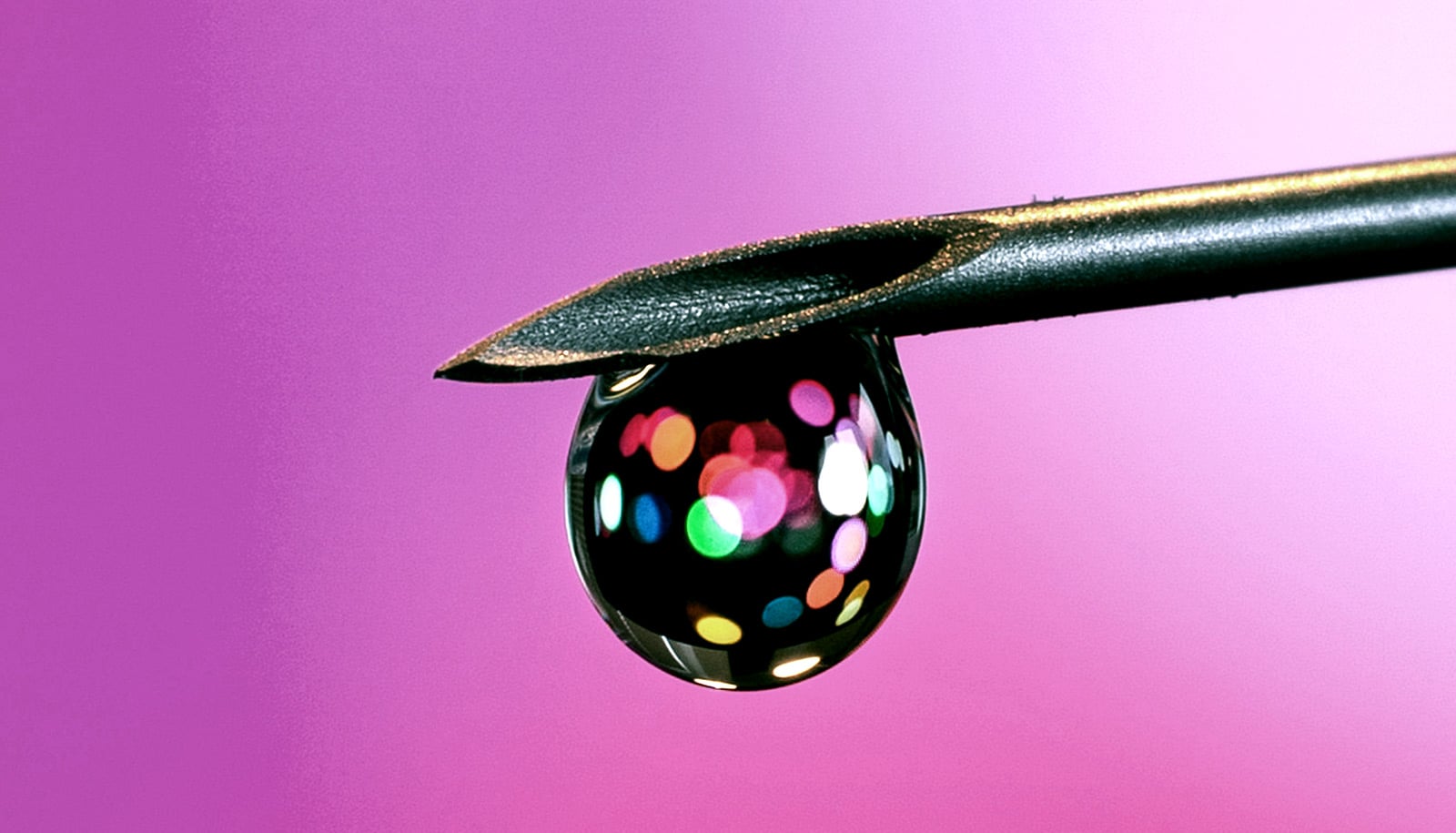There are several reasons to be wary of reports that Russia has a vaccine for COVID-19, Veronika Wirtz argues.
Russia’s August 11 announcement that scientists had created the world’s first coronavirus vaccine for public use faced skepticism from the global public health community.
Researchers at the Gamaleya Institute in Moscow are developing the vaccine—named “Sputnik V,” a reference to an early Soviet victory in the Space Race. The researchers have yet to publish any peer-reviewed data.
Since the initial announcement, Russian authorities have reported that a Phase 3 clinical trial (or an equivalent) is underway with more than 2,000 participants. But Phase 3 trials are typically much larger, and required to go favorably, before a vaccine is approved for widespread use. One of the leading vaccine candidates from the United States, developed by Moderna and the National Institutes of Health, is also currently beginning a Phase 3 trial.
“Really, [Russia has] released that they have a candidate,” says Wirtz, an associate professor of global health at Boston University’s School of Public Health and director of the World Health Organization Collaborating Center in Pharmaceutical Policy.
“World politics at the moment aren’t just being played out with nuclear weapons or trade wars. In this pandemic, countries that want to put themselves at the forefront on the world stage are now saying, ‘We have the coronavirus vaccine.'”
Here, Wirtz explains what she knows about the vaccine, the potential harms of prematurely announcing a coronavirus vaccine is ready for public use, and what concerns she has about political pressure to speedily get a vaccine approved for use here in the US:
What do you think of Russia’s announcement?
Really, they released that they have a candidate. I do believe that they did experiments, that it’s not just a big lie—they have a vaccine developed, they have done Phase 1 and Phase 2 trials. But really, they are only now doing what one may call “Phase 3” [of clinical trials].
What are the phases for developing a vaccine or other medicine, and why are all of the steps important?
In Phase 1, you first test if a drug or vaccine is safe to use on humans. You give it to a few humans—does it do harm?
Phase 2 is to find out, what is the dose at which it is safe? Usually for a medicine this would include between 25 and 100 people. For a vaccine, it is given to people who have characteristics similar to the [group the vaccines are intended for use in]. In case of the coronavirus vaccines, that is the general public, which means [trial participants should be made up of] different ages, sexes, ethnicities, etc.
And then in Phase 3, it’s actually asking the questions: Does it have an effect? What is the efficacy of this medicine under clinical trial conditions? [To find out], you give it to many, many more people. In the US, coronavirus vaccine candidates will be given to around 30,000 people in Phase 3 clinical trials.
So, if this vaccine is only now starting Phase 3 trials, what is—isn’t known—about it?
There’s very little known about this vaccine at the moment. First of all, if you gave this only to 50 or 100 people in Phase 2, you wouldn’t be able to see rare side effects, [which might] only occur in one in 1,000 or one in 10,000 individuals. So, you need to test this vaccine in a much, much larger group.
Then, we need to have an effective vaccine—it doesn’t help us to have a safe candidate on the market if it’s not effective [at preventing coronavirus or severe forms of coronavirus]. Phase 1 and Phase 2 are mostly about safety. In Phase 3, if you have 30,000 people, you can start hypothesizing about how many [of the vaccinated] people will be exposed to the virus, [in the course of their daily lives], in a given time. Then, over three months or longer you can compare how many individuals got sick with coronavirus in the group that received the vaccine (called the intervention group) versus those who did not receive it (called the control group).
Why is the lack of information about the Sputnik V vaccine so concerning?
Importantly, science is a peer-supported system. You make your data and your [experimental] protocol available, and experts from around the world can review it and can say, “Wait a minute, you skipped this step,” and they can raise concerns and flag it and improve it. That is only possible when you have transparency.
What are your concerns about the fact that the data and protocol for this vaccine have not been shared?
If somebody says, “I won’t tell you anything about my vaccine, but you can take it,” you might want to say, “No thanks.” If it’s not reviewed bit by bit, every step of the way [by experts] according to standard protocols on how to conduct and appraise clinical trials, I would not like to take it.
So, global experts are now warning that this kind of secrecy will impede safety, and also impede what I believe is even more important: trust. Imagine this vaccine from Russia causing harm. According to Russia, the vaccine has already been requested by countries in Latin America, the Middle East, and Asia. If this vaccine fails, and perhaps even creates great harm, [will people fear getting future safe and effective vaccines?] “Wait a minute, how can I now be sure that the vaccine from, say, a big pharmaceutical company in the UK is actually safe if I know that this vaccine from Russia does so much harm?”
And, if something goes wrong with this vaccine, we might not know what the problems are, because we don’t have transparency. It makes it more difficult for the global community to address COVID-19 if we keep scientific secrets.
Are you concerned that other countries will follow Russia’s lead and announce that a vaccine is “approved” just because it’s going into Phase 3 trials, such as Moderna’s vaccine candidate here in the US?
I am concerned about political pressures in the United States. There was an extraordinary note from Stephen Hahn, the commissioner of the US Food and Drug Administration (FDA), explaining how the FDA will ensure that it is not making decisions along the lines of political parties rather than based on science to approve a new vaccine. Fortunately, we have a structure that allows us as experts to speak up. So, if we point fingers at Russia, let’s also make sure that we do an adequate job here. Let’s support Hahn and our experts to make scientific decisions, not political decisions.
And, one last thought: Once we have a vaccine approved, how do we make sure that those most in need and most vulnerable, including those in low- and middle-income countries, will actually receive it? Do we have the protocols in place and the priorities set for frontline workers, including healthcare professionals, to be the first to receive a vaccine?
When we talk about the development of new medicines, including vaccines, we always have to keep in mind that our end goal is not just the vaccine. The purpose is the health of all, in the US and globally.
Source: Boston University



